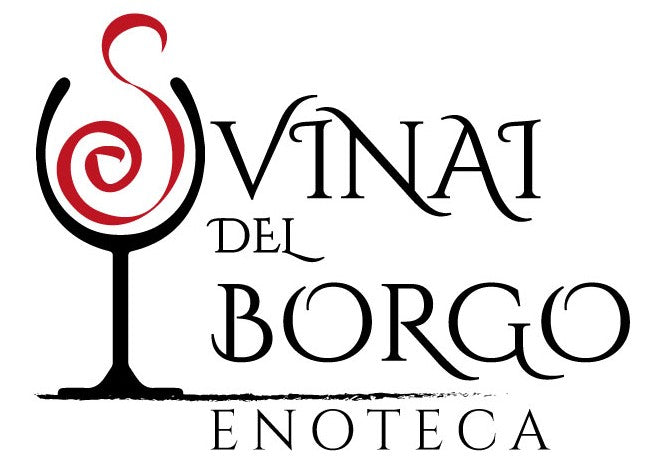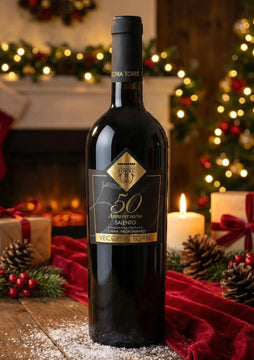CHOSEN EVERY DAY BY THOUSANDS OF CUSTOMERS WORLDWIDE:
 Fast Delivery
Fast Deliverywith Anti-Breakage Packaging
 Chosen and Guaranteed by Professional
Chosen and Guaranteed by Professional Tasters
 24/7 Customer Service
24/7 Customer Service
Our blog
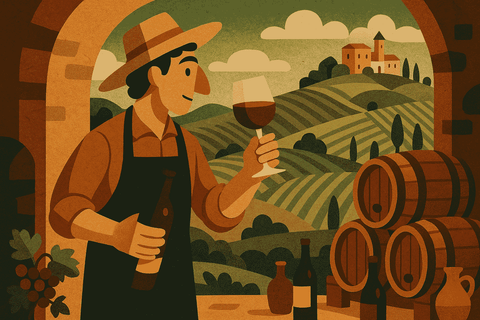
Roero is more than Arneis. Across the Tanaro from Barolo, this DOCG unites two siblings: Roero Arneis, bright and floral, and Roero Rosso, Nebbiolo shaped by sand into elegance and finesse. Once nicknamed the little rascal, Arneis nearly vanished in the 1960s before its revival made it the white icon of Roero. Today it even appears as Riserva or rare sparkling versions. Roero Rosso, meanwhile, thrives when it embraces freshness and everyday drinkability, standing apart from the heavier styles of Barolo. Two faces, one terroir.

Dogliani DOCG sits in the southern hills of Piedmont, where Dolcetto has been the local pride for centuries. In wines like Marziano Abbona’s Papa Celso—made from old vines and aged in concrete and clay—the grape’s pure fruit and silky texture shine without the influence of oak. This is Dolcetto in its truest form: vibrant, approachable, and rooted in tradition, yet capable of surprising depth. From the denomination’s strict 100% Dolcetto rules to its choice of gentle aging methods, Dogliani is a celebration of authenticity and place.

Cannubi Barolo is one of the most prestigious crus of the Barolo DOCG, celebrated for its elegance, balance, and exceptional aging potential. Its unique terroir, a fusion of Tortonian and Serravallian soils, provides both finesse and structure. First documented in the 18th century, it is among the oldest and most historic vineyards in Barolo. Cannubi Barolo is distinguished by its refined aromatic profile, featuring rose, red fruit, and spice notes, along with silky tannins that make it more approachable in youth, yet capable of remarkable aging. Its prime location and ideal microclimate ensure the perfect ripening of Nebbiolo, cementing its status as a benchmark among Barolo wines.
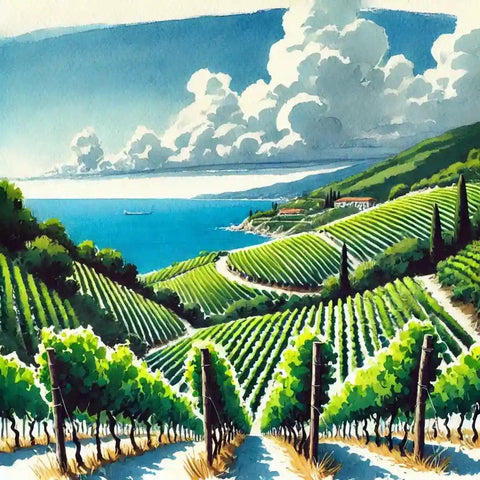
Cantine Ippolito, with over 170 years of tradition, embodies the excellence of Calabrian wines. Discover iconic labels such as Mare Chiaro, Pecorello IGP, and refined cuvées like Colli del Mancuso and Ripe del Falco. Each bottle tells the story of a deep passion for the Cirò Marina territory and an unwavering commitment to quality. With strong roots in the past, these wines continue to showcase the best of Calabrian winemaking, bringing the name of Calabria to tables around the world.
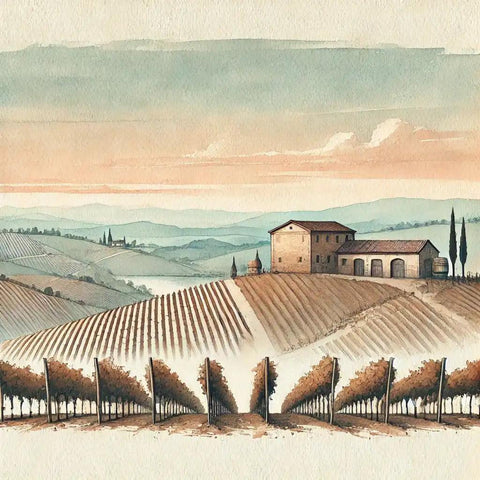
Franciacorta is one of Italy's finest sparkling wines, produced in Lombardy using the classic method. The region's name originates from medieval "corti franche," self-managed agricultural communities. Franciacorta wineries produce various types, including the Satèn, with soft, delicate bubbles, and the versatile, structured Brut. With a long winemaking tradition, Franciacorta stands out for its high quality and artisanal care, offering sparkling wines that rival champagne and suit various occasions, from aperitifs to desserts.
